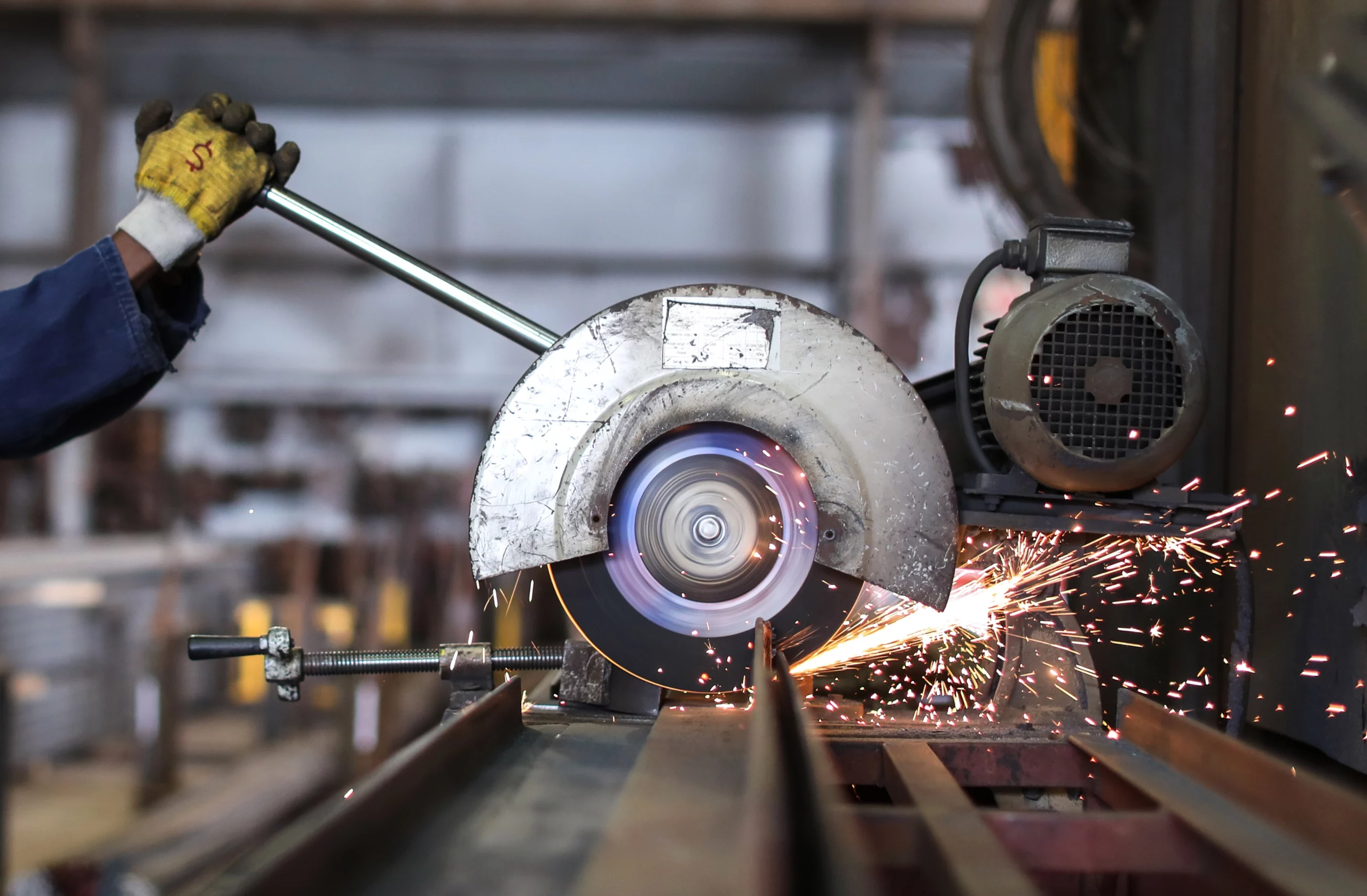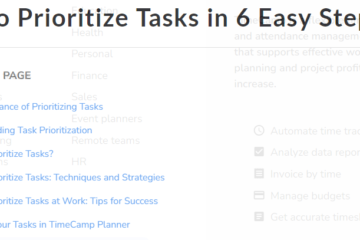When purchasing second-hand machinery, begin by understanding your needs, and focusing on specifications and production demands. Next, research market prices to identify good deals and verify the seller’s reputation for trustworthiness. Always inspect the machinery under good lighting for wear, tear, and defects.
Request maintenance records to assess the equipment’s history. Evaluate operational costs, including energy efficiency and consumables. Negotiate based on market trends and seller psychology to secure the best price.
Confirm warranty transferability and familiarize yourself with return policies. By adhering to these tips, you’re positioned to make a smart investment. Keep exploring to uncover deeper insights and strengthen your decision-making process.
Understand Your Needs
It’s easy to get swayed by deals, but remember, bigger isn’t always better if it doesn’t suit your needs. Additionally, think about how often you’ll use the machinery. If it’s a key part of your daily operations, you’ll want something known for durability. By understanding these aspects, you’ll find equipment that not only fits but enhances your workflow, making you feel like you’ve made the smartest choice for your business.
Research Market Prices
Once you’ve identified your machinery needs, it’s important to start comparing market prices to make sure you’re getting a good deal. Understanding price trends and market demand is key to this process.
You’re not alone in wanting the best value for your money. Like you, many are manoeuvring these waters, aiming to make informed decisions. By researching current prices, you’re taking a significant step toward becoming part of a savvy community of buyers who know the importance of due diligence.
Verify Seller Reputation
Assessing a seller’s trustworthiness is crucial when purchasing second-hand machinery to ensure you’re making a secure investment. To feel like you’re part of a community that intelligently navigates the second-hand market, start by examining the payment methods the seller offers. Reliable sellers usually provide secure, traceable payment options, ensuring your money’s safety and building trust.
Inspect Machinery Thoroughly
Prior to making a purchase, it’s vital to conduct a thorough visual inspection of the second-hand machinery. You’re not just buying equipment; you’re embracing a community of savvy shoppers who know the importance of careful selection.
Make sure you’re in a space with good lighting conditions; it’s critical for spotting any wear, tear, or defects that might compromise the machine’s integrity or your safety. Adhering to safety protocols isn’t just about following rules; it’s about protecting yourself and others who’ll interact with this machinery.
Look for signs of rust, damage to moving parts, and any alterations that could affect its operation. Remember, you’re part of a smart, cautious group of buyers. Your diligence now ensures you fit right in.
Ask for Maintenance Records
Requesting maintenance records is an essential step when considering the purchase of second-hand machinery or industrial equipment. These documents reveal not just the machine’s history, but they also clue you in on its upkeep culture. You’ll see the repair frequency, which tells you how often it broke down and needed attention. This insight is invaluable; it’s like getting a glimpse into the machine’s past and foreseeing its future reliability.
Consider Operational Costs
After confirming that the machinery’s history aligns with your expectations, it’s important to evaluate the operational costs that come with it. You’re not just purchasing a piece of equipment; you’re investing in its future contributions to your projects.
Consider the following to avoid unforeseen expenses:
- Energy efficiency
- Maintenance frequency
- Replacement part availability
- Cost of consumables
Negotiate the Best Deal
Understanding the market value of second-hand machinery is essential to negotiating the best deal possible. When you’re in the know, you’re part of a savvy community that gets the most value for their money. Here’s how you can make sure you’re one of them:
- Keep an eye on market trends
- Understand buyer psychology
- Compare prices
- Consult with industry experts
Check for Warranties
Before you commit to purchasing second-hand machinery, it’s important to check if a warranty is included to safeguard your investment. Warranties can be a game-changer, offering peace of mind in your buying journey. As part of this savvy community, you’re not just buying equipment; you’re also securing a backup plan.
Consider these vital aspects:
- Warranty transferability
- Expiration terms
- Coverage details
- Claim process
Plan for Transportation
Securing reliable transportation for your newly acquired second-hand machinery is a critical step in ensuring its safe arrival. You’re part of a community that values smart, sustainable choices, and understanding the local regulations about transporting such equipment is essential.
It’s not just about moving an item from point A to point B; it’s about doing it responsibly and efficiently, ensuring you’re in compliance with all laws and guidelines.
Don’t overlook the packaging needs of your machinery. Proper packaging can prevent damage and save you from unexpected costs. Whether it’s wrapping, crating, or securing with straps, the right materials make all the difference.
Assess Return Policies
Understanding a seller’s return policy is essential when purchasing second-hand machinery, ensuring you’re not stuck with a malfunctioning unit. Navigating the complexities of return policies can feel daunting, but you’re not alone. We’re all in this together, aiming for the best possible deals without the risk.
Here’s what you should look out for:
- Warranty Transferability
- Refund Timelines
- Restocking Fees
- Condition Criteria
Conclusion
Exploring the world of second-hand machinery is similar to setting sail on a vast ocean.
You’ve planned your journey, studied the stars for guidance, and prepared for the voyage. Remember, every experienced sailor knows the importance of a reliable vessel.So, as you arrive at the harbour of opportunity, let your diligence and wisdom lead you to a treasure trove of value.Set sail with confidence, for you’re now the captain of your destiny in this mechanical sea.



